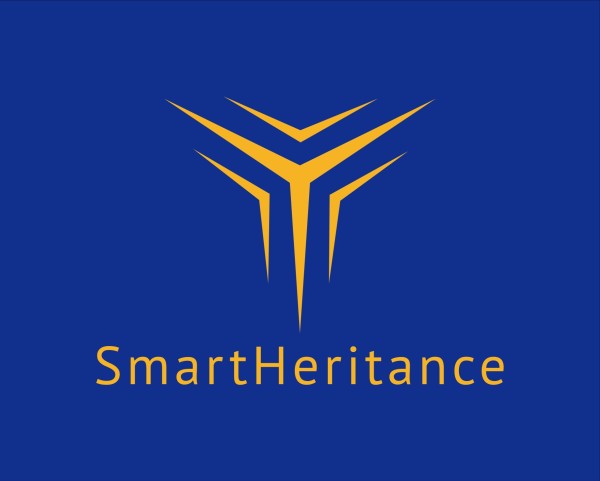United States, 27th Jun 2025 – The United States is experiencing the largest intergenerational wealth transfer in history, with an estimated $84 trillion changing hands over the coming decades. Yet most families remain woefully unprepared for the practical realities of managing a loved one’s affairs after death, leading to billions in unclaimed assets and unnecessary family stress during times of grief.

A new generation of technology companies is stepping in to address this gap, recognizing that traditional estate planning methods have failed to keep pace with the complexity of modern digital lives. Among them is SmartHeritance, an online platform that automates the discovery and organization of financial, digital, and personal assets to ensure nothing gets lost when families need it most.
The scope of the problem is staggering. Financial institutions hold billions in unclaimed assets because beneficiaries simply don’t know accounts exist. Cryptocurrency wallets become permanently inaccessible when passwords die with their owners. Important documents remain buried in file cabinets or scattered across forgotten email accounts. Meanwhile, families are left guessing about everything from funeral preferences to ongoing financial obligations, creating conflict and confusion during an already difficult time.
These challenges stem not from lack of caring but from the fragmented nature of modern financial lives and the human tendency to avoid uncomfortable conversations about mortality. Most people maintain accounts across multiple banks, investment firms, and digital platforms. They store critical information in various locations without a centralized system. The traditional solution—a will locked in an attorney’s file cabinet—fails to address the day-to-day practical needs families face immediately after a loss.
Technology offers a different approach. Rather than relying on manual documentation that quickly becomes outdated, modern legacy planning platforms use email intelligence to automatically discover and catalog financial accounts. They employ wellness checks to detect when something has happened to a user and ensure families receive necessary information promptly. Pre-built templates guide users through documenting everything from insurance policies to social media accounts, removing the guesswork from the process.
This shift represents more than just digitizing old processes. It’s about making legacy planning accessible to everyone, not just those with significant wealth or access to expensive attorneys. It transforms what has traditionally been a one-time legal exercise into an ongoing, automated system that evolves with people’s lives.
The timing couldn’t be more critical. As baby boomers age and millennials inherit, the complexity of financial lives continues to grow. People maintain dozens of online accounts, from banking and investments to subscription services and social media. Without proper organization, much of this digital legacy simply vanishes, taking with it not just financial assets but also precious memories stored in photo libraries and personal communications.
The human cost extends beyond lost assets. Families report that the administrative burden following a death often compounds their grief. They spend months tracking down accounts, canceling services, and trying to piece together their loved one’s intentions. This process frequently strains relationships and depletes emotional resources when families most need to support each other.
Forward-thinking employers are beginning to recognize legacy planning as an employee wellness issue, similar to retirement planning or health benefits. Just as companies help workers prepare financially for retirement, there’s growing recognition that helping them organize their affairs provides peace of mind and reduces stress for entire families.
The technology powering these solutions continues to evolve. Machine learning algorithms can identify patterns in email communications to surface forgotten accounts. Secure encryption ensures sensitive information remains protected while still being accessible to designated beneficiaries when needed. Despite the complexity behind the scenes, the user experience is intuitive, secure, and remarkably simple to navigate.
For those ready to move beyond traditional estate planning methods, digital legacy platforms offer a practical starting point. They complement legal documents like wills and trusts by handling the operational details that attorneys often overlook. Most importantly, they transform legacy planning from a daunting task into a manageable process that provides immediate value through better personal organization.
As society grapples with the largest wealth transfer in history, the tools we use to manage this transition must evolve. The convergence of demographic shifts and technological innovation creates both challenges and opportunities. By embracing modern solutions to this age-old problem, families can ensure that legacies are preserved, assets are protected, and loved ones are spared unnecessary hardship during their most vulnerable moments.
Media Contact
Organization: SmartHeritance
Contact Person: Pravat Lall
Website: https://smartheritance.com/
Email: Send Email
Country:United States
Release id:29900
Information contained on this page is provided by an independent third-party content provider. Binary News Network and this Site make no warranties or representations in connection therewith. If you are affiliated with this page and would like it removed please contact [email protected]



Comments